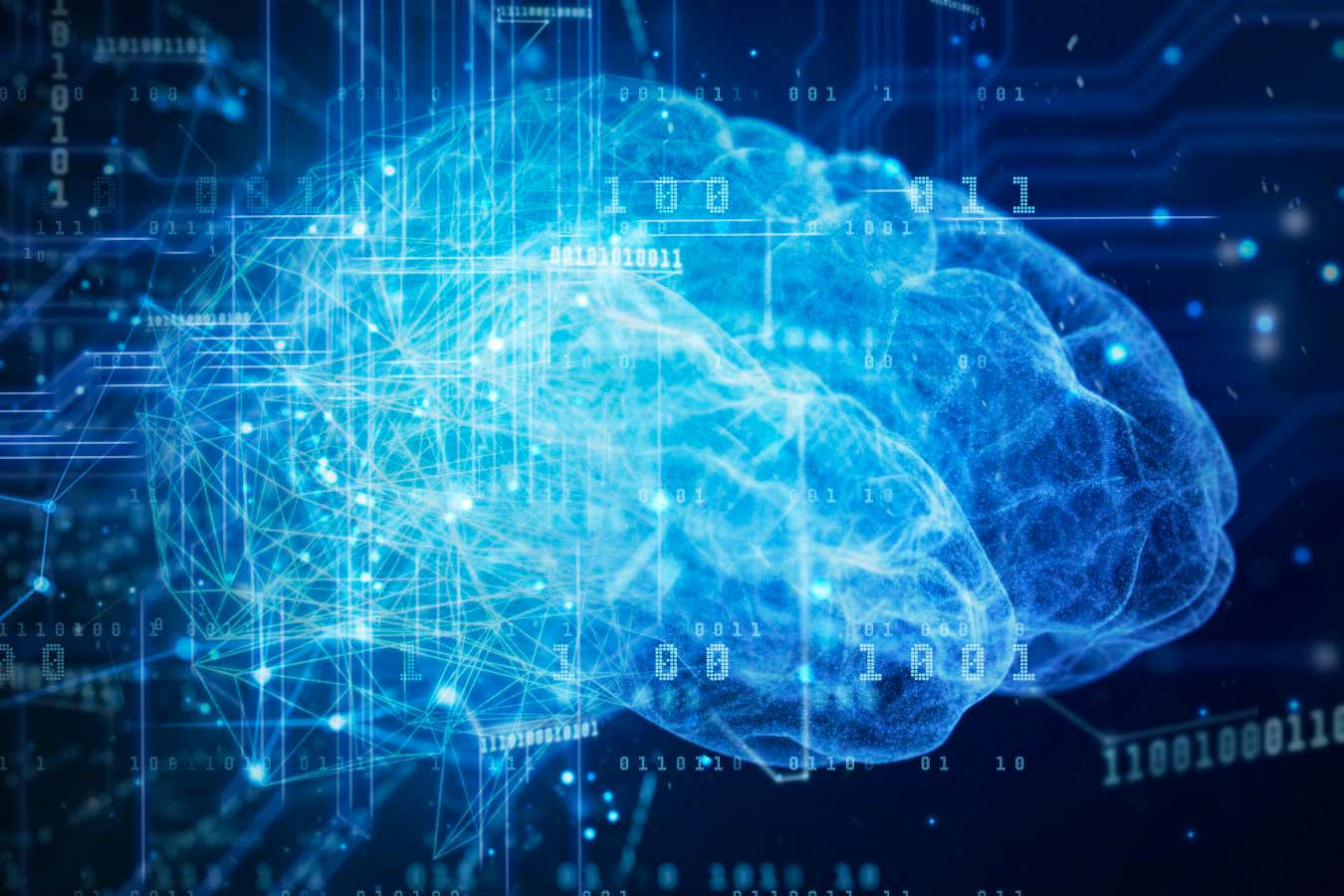The latest generations of artificial intelligence models show little to no trace of 14 signs of self-awareness predicted by prominent theories of human consciousness
By Matthew Sparkes
30 August 2023
Can machines think? Not yet, according to a review
Yuichiro Chino/Getty Images
Are artificial intelligences conscious? No, is the conclusion of the most thorough and rigorous investigation of the question so far, despite the impressive abilities of the latest AI models like ChatGPT. But the team of philosophy, computing and neuroscience experts behind the study say there is no theoretical barrier for AI to reach self-awareness.
Debate over whether AI is, or even can be, sentient has raged for decades and only ramped up in recent years with the advent of large language models that can hold convincing conversations and generate text on a variety of topics.
Earlier this year, Microsoft tested OpenAI’s GPT-4 and claimed the model was already displaying “sparks” of general intelligence. Blake Lemoine, a former Google engineer, infamously went a step further, claiming that the firm’s LaMDA artificial intelligence had actually become sentient – having hired a lawyer to protect the AI’s rights before parting ways with the company.
Advertisement
Read more:
Reports of an AI drone that 'killed' its operator are pure fiction
Now Robert Long at the Center for AI Safety, a San Francisco-based nonprofit organisation, and his colleagues have looked at several prominent theories of human consciousness and generated a list of 14 “indicator properties” that a conscious AI model would be likely to display.
Using that list, the researchers examined current AI models, including DeepMind’s Adaptive Agent and PaLM-E, for signs of those properties, but found no significant evidence that any current model was conscious. They say that AI models that display more of the indicator properties are more likely to be conscious, and that some models already possess individual properties – but that there are no significant signs of consciousness.
